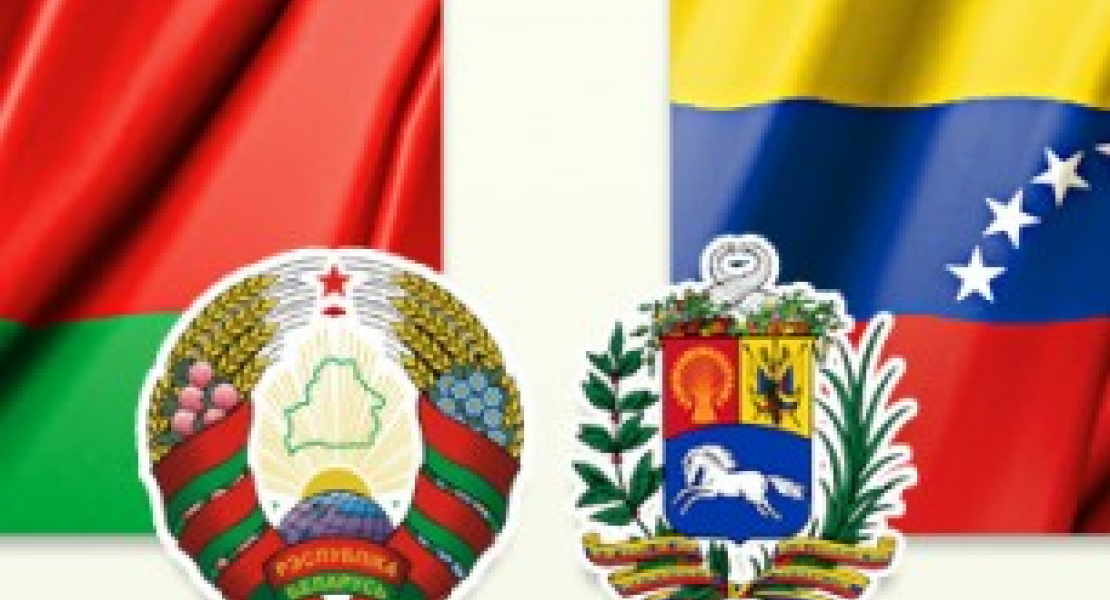Latin American direction of the Belarusian foreign policy to a greater extent than the majority of other directions was a committed development of relations since 2004. These relations have a much shorter history than in the case of the Far East or the Middle East directions. The success in establishing ties with Latin America, however, was possible due to a fortunate coincidence: domestic political transformations in Venezuela. This makes the success achieved by the Belarusian side quite fragile. It should also be noted that apart the success in Venezuela, despite all efforts the Belarusian government failed to establish appropriate bilateral relations with Brazil and Argentina.
The space for the Belarusian government in the region is very limited. The only strong ally is Venezuela, with some backing from Cuba. Besides, the Belarusian side is facing opposition from the United States. In the Middle East, Belarus found the way how to work with both US allies (Qatar, Bahrain) and with US opponents (Iran, Syria). In Latin America, this scheme does not work.
Brazilian and Argentine examples clearly show that the ideological aspects play the smallest role in the Belarusian foreign policy, at least with regard to the developing countries. Left-wing governments in power in these countries did not help in improving relations. Even once close to the Soviet Union Nicaragua was not ready for substantial cooperation.
For the landlocked Belarus, the geographical distance to Latin America is a particularly noticeable factor. This is manifested in transport costs and the obvious problem of the lack of previous experience of contacts. This lack of experience explains why the Belarusian foreign ministry has repeatedly held consultations with the Russian ministry of foreign affairs on the Latin American region, at least in 2002-2005.Information about such consultations regarding other regions of the world has not been found.
Read the study in PDF format


